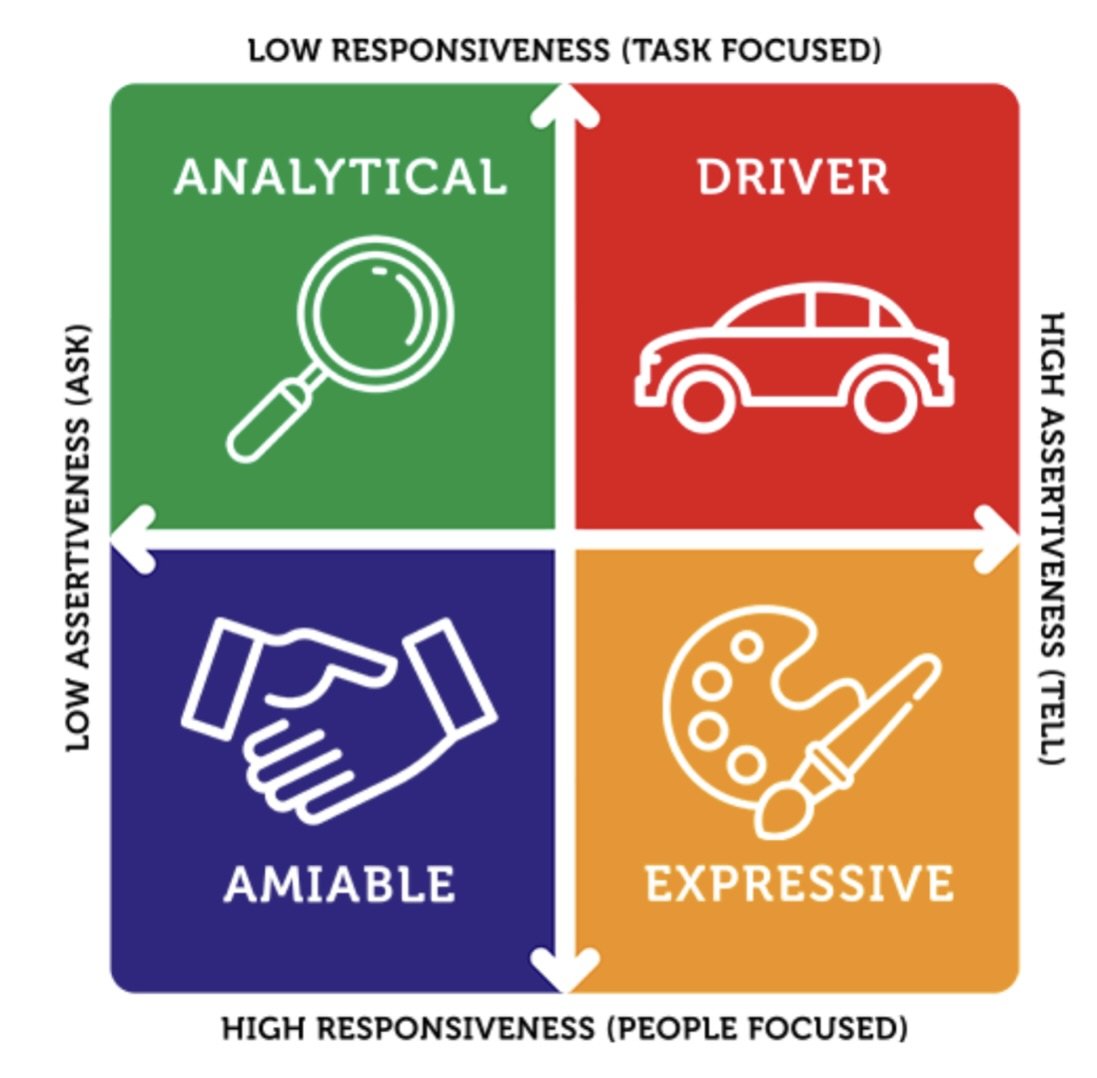How can you help your people better manage change?
Accepting change in the workplace is a crucial in todays fast paced and dynamic working environment. Helping your people to deal with and accept change at work is a valuable skill to have as an organisational leader.
In this blog, we will explain different social styles can respond to change, what blockers they may have and how you can help your people to overcome them.
When dealing with change, understanding different social styles can help you navigate and communicate effectively with various individuals.
Each social style can have its own unique blockers or challenges when it comes to dealing with change. These blockers are often related to the individual's natural tendencies and preferences.
Driver
The driver will often come across as being very direct and sometimes a little abrupt. In truth, the driver is very efficient, has little need for emotional investment and is very goal oriented.
Blocker: Drivers can be resistant to change if they perceive it as disrupting their established routines or slowing down their progress.
Reasoning: They might feel that the change will require them to invest time in learning new processes, which they believe could be better spent on achieving results.
Expressive
The expressive is much more invested in other people than the driver. The old expression “people buy from people” is very effective when dealing with the expressive as creativity and people are at the centre of their ‘world’.
Blocker: Expressive's might struggle with change if they feel that it stifles their creativity or forces them to conform to a rigid structure.
Reasoning: They could resist change if they perceive it as limiting their ability to come up with new ideas or if they believe it doesn't align with their vision.
Amiable
The amiable is known to be a balanced and approachable social style. The amiable is a very harmonious person who has core values around people working collectively and collaboratively, bringing great balance when dealing with more assertive styles.
Blocker: Amiable individuals might find change challenging if they fear it could disrupt the harmony of their relationships or create conflicts.
Reasoning: They might resist change because they worry about potential negative impacts on team dynamics or they feel uncomfortable with unfamiliar situations.
Analytical
Not known as an assertive social style, the analytical is very much as it suggests. The analytical tends to be process driven, with an attention to detail, facts and figures. The analytical stays clear of ambiguity and a lack of clarity so be prepared with the relevant information and details of your suggestions and proposals.
Blocker: Analytical individuals can be resistant to change if they don't see clear and logical reasons behind it or if they anticipate negative consequences.
Reasoning: They might resist change if they perceive it as lacking a solid rationale or if they believe it could lead to errors due to insufficient planning.
How to help them deal with change
Now we have addressed the blockers, here are some key considerations for each social style when dealing with change:
Driver
Efficiency: Drivers value efficiency and results. When discussing change, focus on how the change will lead to improved outcomes and streamlined processes.
Clear Objectives: Present the change with clear objectives, goals, and a well-defined plan. Drivers appreciate direct and concise communication.
Results-Oriented Approach: Emphasise how the change will bring about positive results and align with their desire for accomplishment.
Expressive
Excitement: Expressive thrive on excitement and enthusiasm. Present the change in an inspiring and engaging way to capture their attention and interest.
Big Picture: Highlight the bigger picture and potential opportunities the change can bring. Appeal to their creative and visionary nature.
Recognition: Acknowledge their contributions and ideas during discussions about change. Expressive enjoy being recognised for their input.
Amiable
Relationships: Amiable individuals prioritise relationships and teamwork. When discussing change, focus on how it will improve collaboration and create a harmonious environment.
Open Communication: Provide a safe space for them to express concerns and ask questions. Address their need for clarity and reassurance.
Collaborative Approach: Involve them in the decision-making process and show how the change will enhance cooperation and mutual support.
Analytical
Details: Analytical individuals value data and details. Present the change with comprehensive information, data, and logical reasoning.
Evidence-Based: Provide evidence of the benefits of the change and how it aligns with data-driven insights. Address their need for solid reasoning and facts.
Time for Adjustment: Recognise that analytical individuals might need more time to process and adapt to change. Offer opportunities for in-depth discussions and understanding.
In Summary: everyone reacts to change in different ways. By understanding the different social styles and their potential blockers towards change, you can be better equipped to help each social style deal with and understand change.


